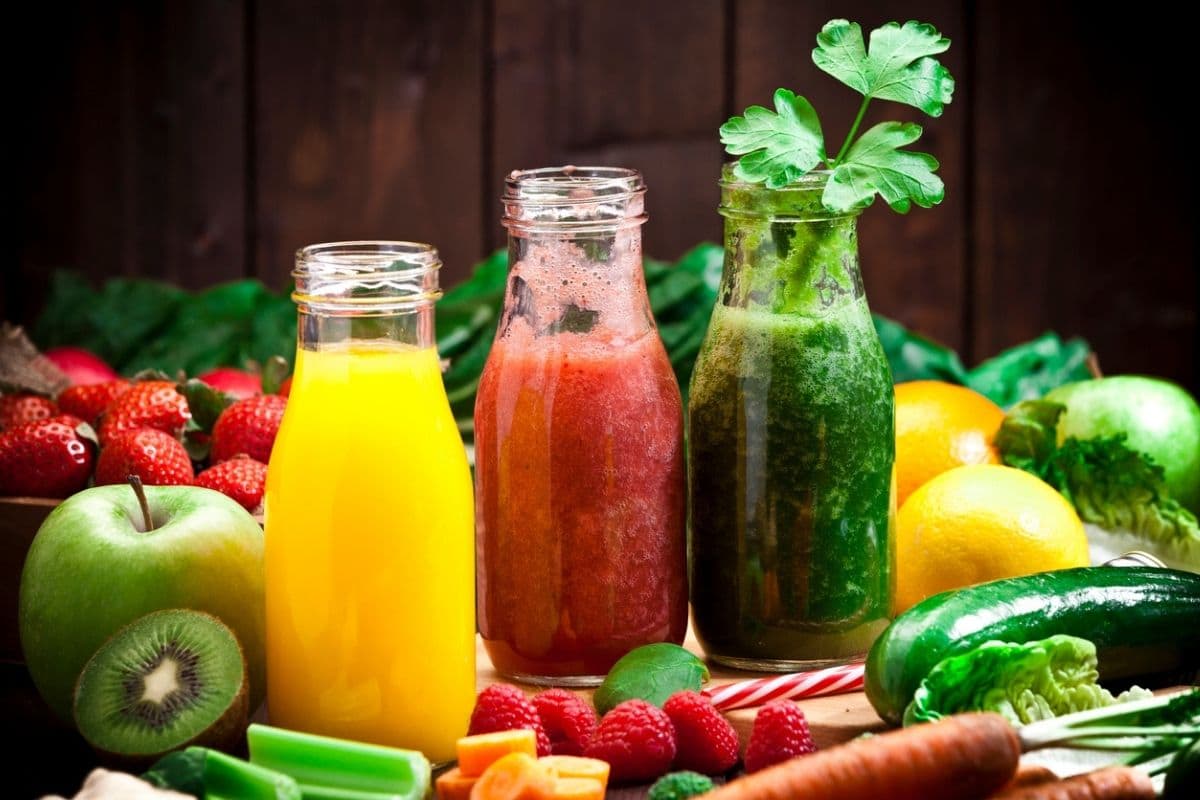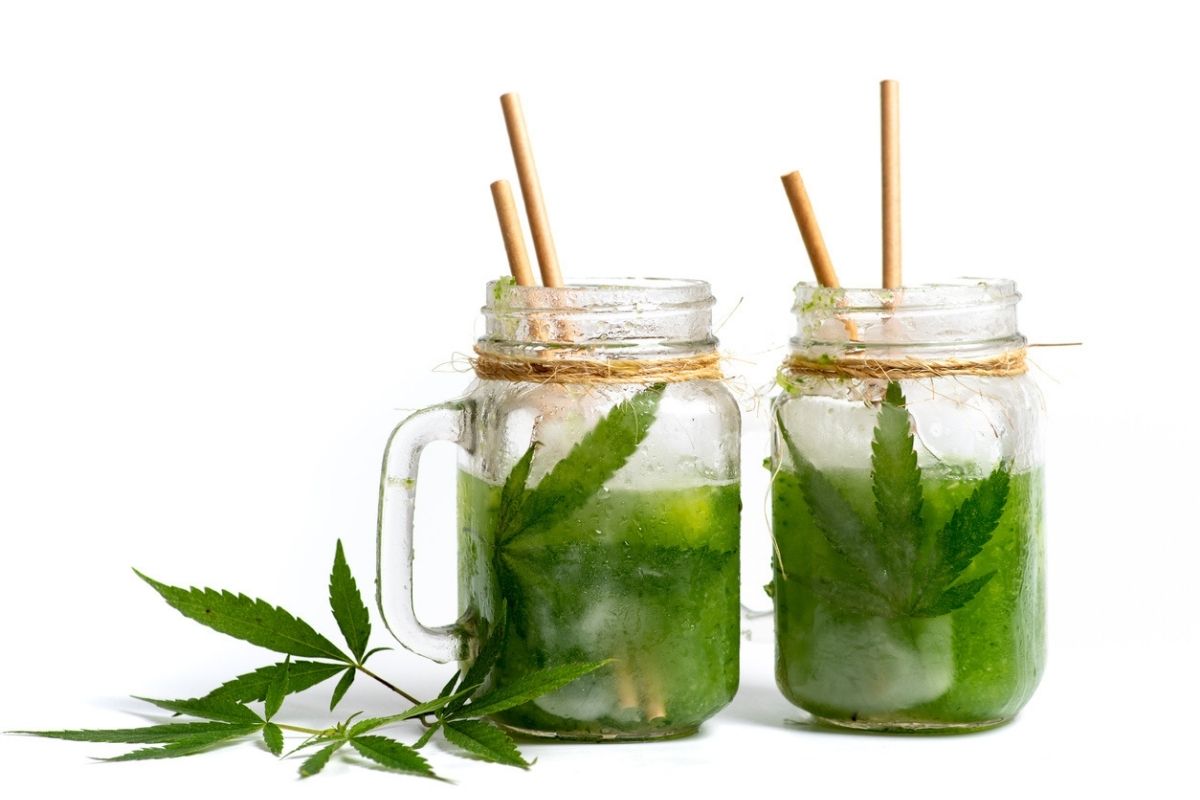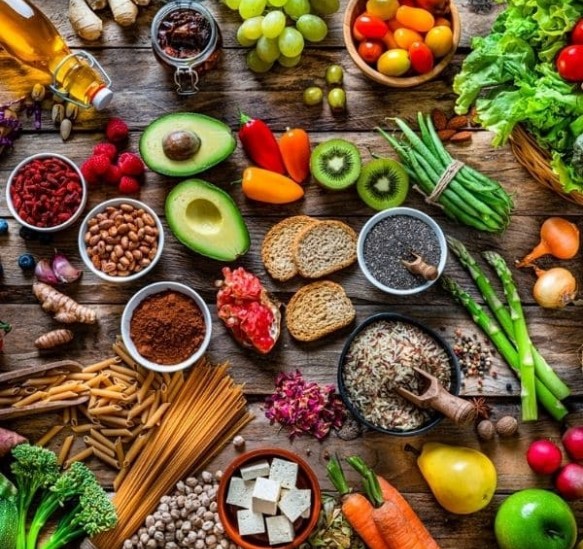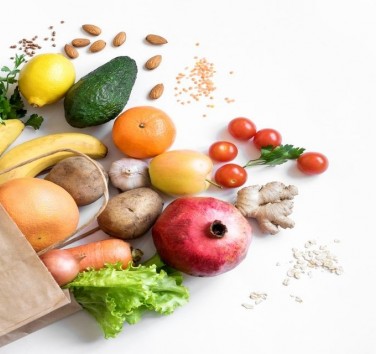Why you should eat superfoods

You may be wondering; Do I really need to eat them in my diet? Here are some reasons why you need to include superfoods in your diet: They are super rich in nutrients! Our high-stress, high-stimulus lives can be hard on your body, and giving it an extra boost of nutrients is the perfect way to say "thank you."
They keep us healthy! They're packed with vitamins, minerals, antioxidants and other phytonutrients... and that's exactly what our immune system needs to fight off colds and flu.
The good bacteria love them! Taking a probiotic supplement helps your body absorb the good stuff better, the 'good' bacteria love phytonutrients and they can even double their absorptive power.
They can reduce inflammation! Phytonutrients deactivate enzymes that can cause inflammation.
They make you smart! Phytonutrients in superfoods support nerve growth factors to keep your brain sharp and focused.
They're a miracle!
They're anti-aging miracles! Wrinkles, sagging skin and even sunburn are accelerated by free radical damage, and superfoods are packed with free radical fighters (otherwise known as antioxidants). Charge up before you go out in the sun.
You'll feel amazing! Want an instant energy boost? Get a dose of chlorophyll, found in everything green. Chlorophyll can increase haemoglobin levels in the blood, giving you a great pick-me-up.
Give yourself tons of energy! Plants soak up energy from the sun and give it directly to you!
And the best part is that it's not just for you.
And the best part; they like to work together - eating a variety of whole superfoods allows the phytonutrients to be better absorbed. That is, the lycopene in a tomato is better than in a capsule. Enjoy it together for an added bonus!
List of the best superfoods
It should be noted that the foods we call out here are not necessarily the hot superfoods of the moment. There is nothing too exotic on this list. If you can't find it at the market, it probably didn't make the cut. This incomplete list mainly covers plant-based whole foods. As whole foods, they are unprocessed and unrefined, nothing has been removed, nothing has been added, and there is no list of ingredients to read. Pick them from a tree, pull them from the sea, and so on.
Flaxseeds
Filled with omega-3 fatty acids, lignans and fibre, flaxseeds can easily be sprinkled on your breakfast cereal, added to your pancake batter, blended into your smoothies or used as a topping for your breakfast cereal. Whether all the claims about flaxseeds being protective against cancer and heart disease are true is left to medical researchers, but the rich fibre content of flaxseeds certainly has a positive effect on your elimination pathways.
Goji berries
Another easy superfood, goji berries, are very rich in nutrients: plant-derived polyphenolic antioxidants; carotenoids such as beta-carotene, zeaxanthin, lutein, beta-cryptoxanthin and lycopene; vitamins C, B1, B2 and niacin ; over 30 essential and trace minerals, including zinc, iron, copper, calcium, selenium and phosphorus; polysaccharides; and 18 amino acids such as isoleucine, tryptophan, leucine and arginine. You can now find goji berries in the supermarket, so simply sprinkle them on your breakfast or grab a protein bar that contains these berries for a healthy snack, and give your body a boost from all the goodies this little berry has to offer.
Green Drink Powder Mix

Generally, these green drink powders contain a blend of spirulina, wheatgrass, barleygrass, chlorella, sources of fibre and sources of antioxidants. Greens and other vegetables, as well as mushrooms, are usually added to the mix. You can easily put a spoonful of this powder in a drink of your choice (like your morning orange juice) and give yourself and your immune system a boost.
The prices of these green drink powder mixes vary considerably, so read the labels. Cheaper blends often contain a lot of filler and have a lower nutritional density. Before choosing the cheapest option to try, spend 5 minutes doing some research, it will save you money in the long run!
Chia seeds
Like flaxseeds, these tiny seeds contain plenty of omega 3 essential fatty acids, as well as vitamins A, B, E and D and minerals such as calcium, copper, iron, magnesium, manganese, molybdenum, niacin, phosphorus, potassium, silicon, sodium, sulphur, thiamine and zinc. In addition, chia seeds are rich in protein and fibre.
Adding chia seeds to your diet is very simple, you can simply add the seeds to your yoghurt or salads, blend them into a smoothie or, if you can find an extra 5 minutes for this easy preparation, try some chia pudding for breakfast.
CBD oil
CBD (cannabidiol) oil and hemp oil come from different parts of the cannabis plant. CBD oil uses the whole plant, while hemp oil comes from its seeds. CBD oil is derived mainly from hemp leaves. The result is a superfood-rich oil with a high CBD content.
When intended for consumption, CBD oil is then usually combined with a carrier oil, such as MCT oil, derived from coconut, hemp seed oil, sunflower oil, grapeseed oil, avocado oil, pomegranate seed oil, arnica and others.
A non-psychoactive compound, CBD oil contains less than 0.3% THC (the psychoactive component of cannabis responsible for the euphoria of marijuana use) by volume.
The active component of CBD oil is CBD and it does not bind to any of the body's receptors (CB1 and CB2). Instead, it regulates non-cannabinoid receptors and ion channels. It also interacts with a variety of receptor independent pathways. Add CBD to your eating routine to benefit from these anti-stress, anti-pain, anti-inflammatory and anti-aging properties!








